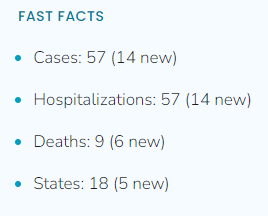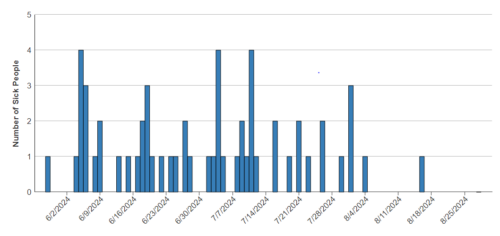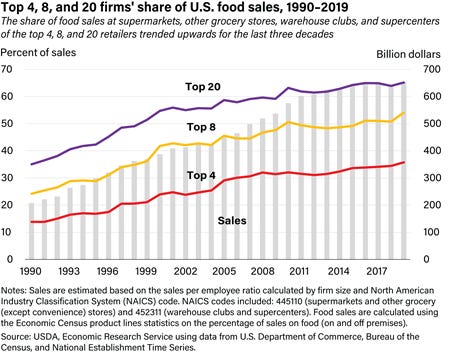The latest complaints about the FDA’s non-action on GRAS ingredients
NutraIngredients.com had an intriguing (to me, at least) article about the latest complaints about FDA’s lack of action on GRAS ingredients—those Generally Recognized As Safe.
A recent paper claims FDA is in the dark as to how many new ingredients have come onto the market via the GRAS process. Only limited progress has been made in the decade since a Congressional report first raised the issue and directed the Agency to make changes, the authors found.”
The article referred to a this paper, Ten years post-GAO assessment, FDA remains uninformed of potentially harmful GRAS substances in foods.
The starting point for this paper is a study done by the Government Accountability Office (GAO) ten years ago: FDA Should Strengthen Its Oversight of Food Ingredients Determined to be Generally Recognized as Safe (GRAS)
The new paper argues that ten years later, the FDA has done little to address the GAO’s concerns.
Since 2010, FDA has addressed only a few of the criticisms regarding its process for establishing a food substance as GRAS. …most critically, FDA has chosen to remain uninformed about food substances self-determined as GRAS by manufacturers…FDA cannot fulfill its statutory obligation for ensuring the chemical safety of the U.S. food supply if it does not know which substances, in which quantities, have been added to foods.
This took me right back to a blog post I did in 2016: The FDA’s unfortunate ruling on GRAS regulations.
The FDA has announced its Final Rule on Substances Generally Recognized as Safe (GRAS).
The FDA explains: “Unlike food additives, GRAS substances are not subject to FDA pre-market approval; however, they must meet the same safety standards as approved food additives…The GRAS criteria require that the safe use of ingredients in human and animal food be widely recognized by the appropriate qualified experts.”
Uh oh. “Appropriate qualified experts?” Like those selected by the companies themselves? The FDA has failed the public on this one.
In my 2016 post, I explained the complicated backstory of the FDA’s non-action on GRAS ingredients.
The FDA’s final GRAS rule is the result of a settlement agreement following a 2014 lawsuit filed by the Center for Food Safety. The basic issue: GRAS substances are not subject to FDA premarket approvals required for food additives. Manufacturers are allowed to decide for themselves whether their additives are GRAS without informing the FDA. The new rules confirm this self-managed GRAS notification procedure.
I wrote about this issue in an editorial for JAMA Internal Medicine in 2013 when I commented on a study by Tom Neltner and his colleagues on the blatant conflicts of interest in FDA approval of GRAS substances…My editorial reviewed the lengthy history of FDA’s dithering about the GRAS process. None of this would matter if all food additives were safe. But some are not…The FDA’s decision is a loss for public health.
As I said then, this constitutes yet another reason not to eat ultra-processed food products with long lists of additive ingredients.
Tom Neltner, the director of chemicals policy for the Environmental Defense Fund (EDF), suggests 10 ways new FDA head should protect people from toxic chemicals in food. He lists first:
- Stop letting industry decide for themselves, in secret, whether chemicals are safe and can be added to food. EDF, represented by Earthjustice, and the Center for Food Safety, have sued the agency to close the dangerous “Generally Recognized as Safe” (GRAS) loophole.





